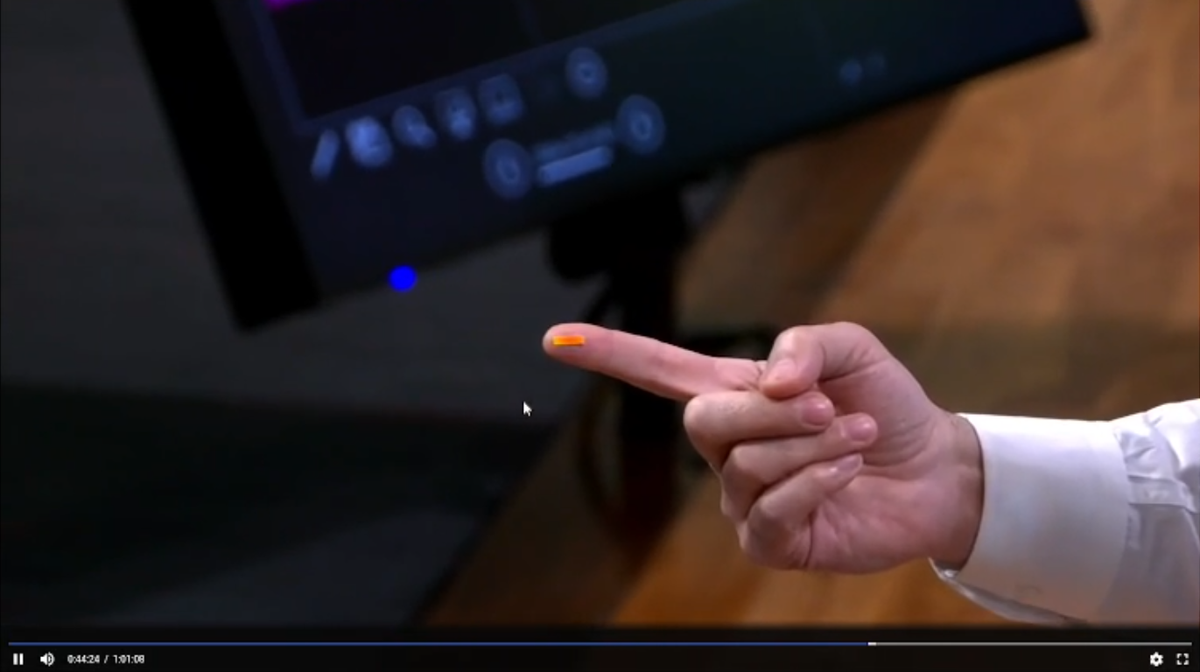RennanNT
Bob-omb
Pricing is a balancing act which we have little data to work on.
Between a $400 console and a $500 consoles which are identical, the later will obviously sell noticiable less. But... without a big loss they won't be identical.
If you take a $100 loss across 100M devices, you just lost 10B dollars. That's simply not an option. As for a much smaller loss, that's possible, but they can save it for deals later, when they run out of people willing to pay more or buy bundles.
If you have a great AND cheap product, that's awesome. But it's not always the case. And pursuing a cheaper point at all costs could lead to way worse results than a more appealing but also more expensive product.
The Switch Lite is the worse selling model, the $80+game 2DS didn't sell much, the $300/350 Wii U and $50 PSTV were disasters.
And again, affordability and expanding their reach is really important to Nintendo, so they wouldn't price it $450 or $500 lightly. I still think it's $399, but from what we know about the device and about component prices, things might be more expensive than expected in the planing stage or maybe they found that whatever cost them extra $50~100 was worth it.
Between a $400 console and a $500 consoles which are identical, the later will obviously sell noticiable less. But... without a big loss they won't be identical.
If you take a $100 loss across 100M devices, you just lost 10B dollars. That's simply not an option. As for a much smaller loss, that's possible, but they can save it for deals later, when they run out of people willing to pay more or buy bundles.
If you have a great AND cheap product, that's awesome. But it's not always the case. And pursuing a cheaper point at all costs could lead to way worse results than a more appealing but also more expensive product.
The Switch Lite is the worse selling model, the $80+game 2DS didn't sell much, the $300/350 Wii U and $50 PSTV were disasters.
And again, affordability and expanding their reach is really important to Nintendo, so they wouldn't price it $450 or $500 lightly. I still think it's $399, but from what we know about the device and about component prices, things might be more expensive than expected in the planing stage or maybe they found that whatever cost them extra $50~100 was worth it.
Last edited:




